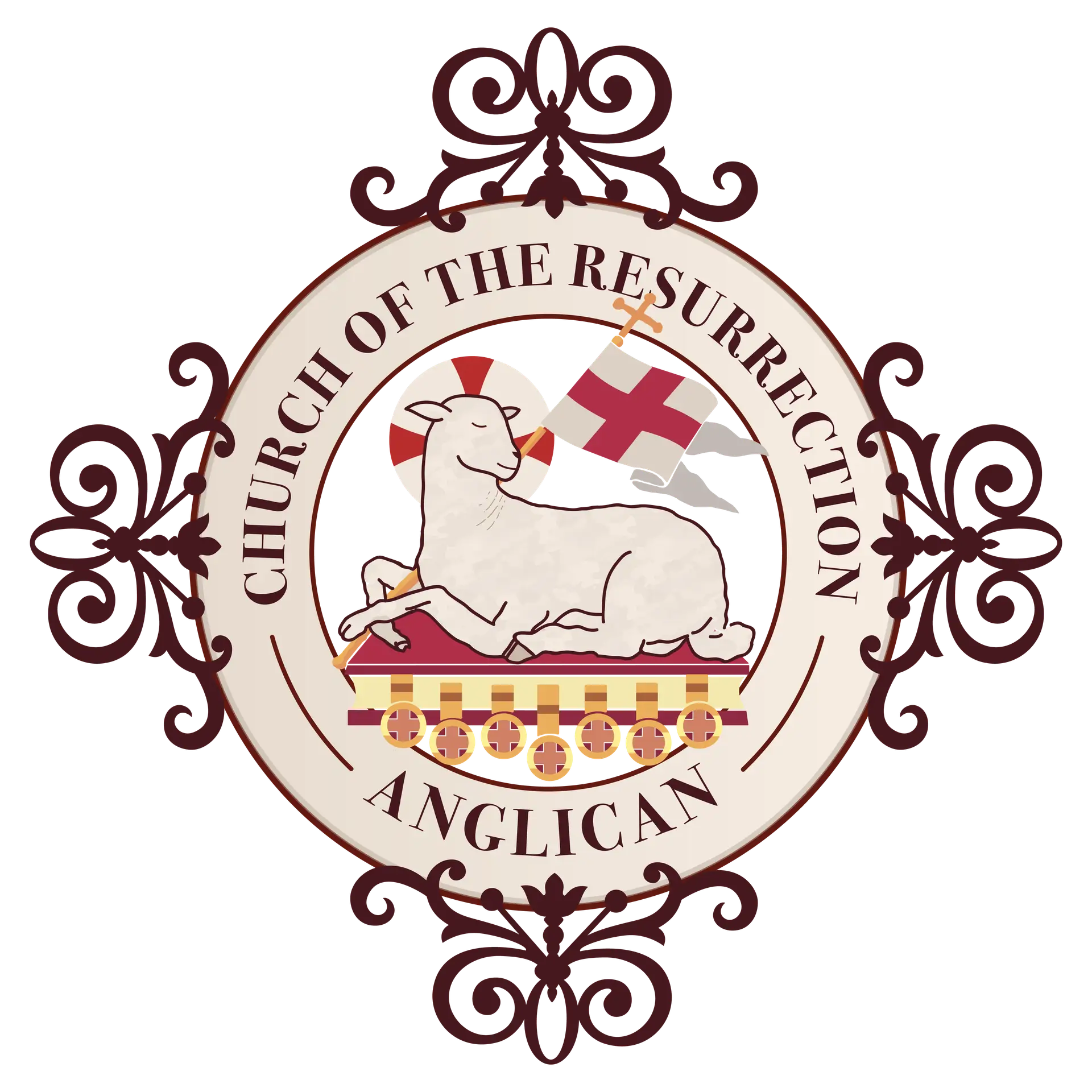A Brief Introduction to Anglican Christianity
“Anglican” refers to the unique form of Christianity that was passed down through the Church of England. No one is quite sure when Christianity first came to England, but it was well established there by the early fourth century. For nearly a thousand years the Church existed in a single, undivided fellowship, from the British Isles in the West to the churches of the East. But eventually, the Eastern and Western churches split. In the West, the Bishop of Rome had ultimate authority. In the beginning, his authority was well-respected, but eventually, corruption and abuses of power became increasingly evident. For many years, the church tried to reform itself without changing its essential structures. But eventually, leaders realized that more drastic change was needed to recover the truth of the Gospel, expressed by the Scriptures, from theological and moral corruption. This recovery project, which swept across many nations, came to be called the Reformation.
But it happened a little bit differently in England. While embracing all the principle doctrines of the Reformation, such as the sufficiency of Scripture for salvation, and justification by grace through faith in Christ, the Church of England also retained a number of ancient customs that other reformed churches rejected. This is because the Church of England held that if a custom is commended by tradition and does not contradict Scripture, we are free to retain it, and wise to do so. So Anglicans retained the historic succession of bishops, a liturgy shaped like the ancient liturgies of the Church, ornamental vesture for clergy, and so on. For this reason, Anglican doctrine and discipline has been described most simply as “Reformed Catholicism.” Others have appropriately described Anglicanism as a via media, a “middle way” between the Roman Catholic Church and the more extreme reformed churches.
Four Basic Committments
At the simplest level, Anglicans are committed to (1) the Holy Scriptures, both the Old and New Testaments, as “the revealed Word of God”; (2) the Apostles’ Creed and the Nicene Creed as the sufficient summaries of Christian faith; (3) the two Sacraments ordained by Christ, Baptism and the Lord’s Supper, which are to be observed “with unfailing use of Christ’s words of Institution, and the elements ordained by Him”; (4) the Historic Episcopate, “locally adapted.”[1] While there are other characteristic features of our unique way of being Christian, these four commitments are closest to our hearts.
Of course, the Church of England did not stay in England. As the British Empire spread, it sent missionaries all over the world. Anglicanism today includes not just the Church of England, centered around the Archbishop of Canterbury, but also a Communion of 38 autonomous provinces spread across Australia, Africa, Asia, Europe, and North and South America, comprised of 85 million believers.[2]
